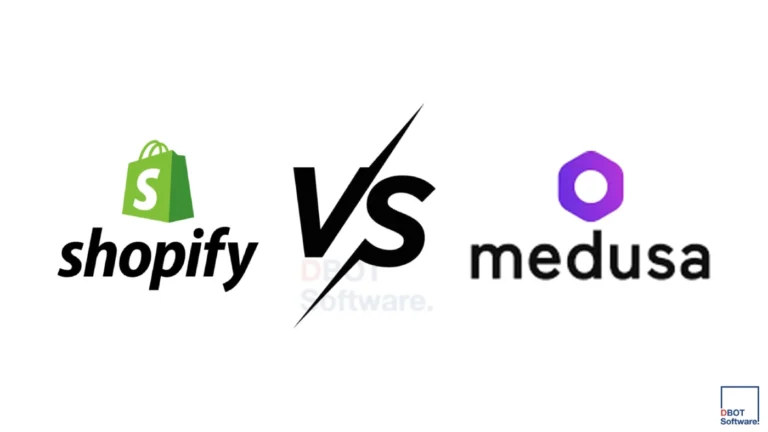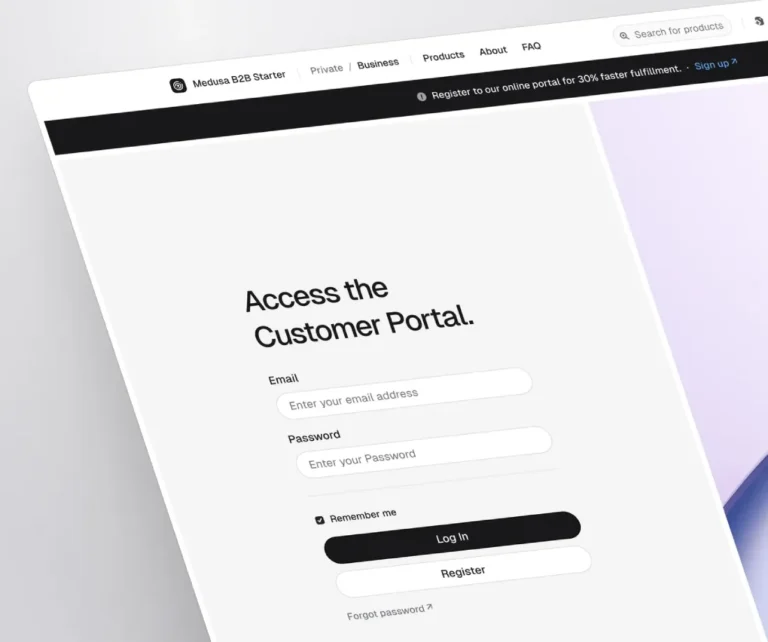The AI Revolution in Business Operations
Artificial Intelligence (AI) has evolved from experimental technology to a mission-critical business asset. Today’s market leaders aren’t just using AI to reduce costs—they’re leveraging it to accelerate workflows, eliminate errors, and uncover valuable insights 24/7. This comprehensive guide will walk you through exactly how to automate business processes with AI, complete with real-world examples, an actionable implementation roadmap, and proven best practices.
Why Automate Business Processes with AI?
Despite digital transformation efforts, many organizations continue to waste valuable resources on manual, repetitive tasks:
- Data entry and reconciliation
- Document processing and approvals
- Order fulfillment and logistics coordination
- Customer inquiries and basic support
AI-powered automation transforms these workflows by integrating machine learning, natural language processing, computer vision, and robotics to deliver significant advantages:
| Benefit | Impact |
| Faster processing speeds | AI models complete high-volume tasks in seconds |
| 24/7 operational continuity | No breaks, holidays, or human error |
| Lower operational costs | Automate tasks previously requiring large teams |
| Improved accuracy and compliance | Built-in verification reduces mistakes and ensures regulatory adherence |
| Real-time insights | AI analytics identify bottlenecks and optimization opportunities |
Transforming Key Business Areas with AI Automation
Logistics: Optimizing from Warehouse to Doorstep
Inventory and Demand Forecasting
AI algorithms analyze historical sales data, seasonality trends, and external factors to predict inventory requirements, preventing both overstocking and stockouts.
Dynamic Route Optimization
Machine learning models process real-time traffic conditions, weather patterns, and delivery constraints to select the most efficient routes, saving time and resources.
Predictive Maintenance
Sensor data from vehicles and equipment triggers proactive maintenance alerts, minimizing costly downtime and reducing repair expenses.
Automated Document Processing
OCR and NLP technologies extract and validate data from shipping documents, customs forms, and invoices within seconds.
Results: 30-40% reduction in delivery delays and 20% lower fuel costs.
Finance: Enhancing Accuracy, Speed, and Compliance
Invoice Processing and Reconciliation
AI bots scan invoices, match them against purchase orders, flag discrepancies, and update ERP systems automatically, reducing processing time by up to 70%.
Fraud Detection
Advanced machine learning models identify suspicious transaction patterns in real-time, enabling immediate alerts and investigations.
Regulatory Reporting and Compliance
Automated workflows gather data across systems, perform compliance checks (GDPR, SOX, AML), and generate audit-ready reports.
Customer Service Automation
AI-powered chatbots handle routine inquiries, account balance checks, basic transfers, and FAQs, allowing human agents to focus on complex issues.
Results: 50% fewer reconciliation errors and 60% faster month-end close.
Retail: Creating Smarter Operations and Personalized Experiences
Demand Forecasting and Replenishment
AI technology anticipates consumer trends, enabling retailers to optimize inventory levels by product, channel, and region.
Dynamic Pricing Engines
AI models analyze competitor pricing, inventory status, and customer behavior to automatically adjust prices for maximum profitability.
Personalized Marketing and Recommendations
Sophisticated recommendation engines customize product suggestions across digital and physical touchpoints, increasing average order value by up to 25%.
Returns Management Automation
AI streamlines the entire returns process while detecting suspicious patterns to prevent fraud.
Results: 15% improvement in customer satisfaction and 12% higher gross margins.
How to Automate Your Business Processes with AI: 5-Step Implementation Plan
1. Identify High-Value, Repetitive Tasks
- Map current workflows in detail
- Quantify time expenditure and error rates
- Prioritize processes with the greatest ROI potential
2. Assess Your Data and Technology Readiness
- Conduct thorough audits of data quality, accessibility, and governance
- Select appropriate AI platforms and tools (Python ML libraries, RPA suites, cloud AI services)
- Establish necessary infrastructure and integration points
3. Design and Prototype Your AI Workflows
- Develop focused pilots addressing one use case at a time
- Train and validate models using real business data
- Implement rapid iteration based on performance metrics
4. Integrate and Deploy at Scale
- Connect AI modules with existing systems (ERP, CRM, WMS)
- Implement comprehensive monitoring dashboards
- Establish feedback mechanisms for continuous improvement
5. Measure Impact and Optimize
- Track critical metrics: time savings, error reduction, cost avoidance, productivity gains
- Refine models and workflows with new data inputs
- Expand successful pilots across departments or regions
Best Practices for Successful AI Process Automation
Ensure Data Quality and Governance
Clean, well-structured data forms the foundation of accurate AI models and reliable automation.
Prioritize Security and Compliance
Implement robust encryption for sensitive data, manage access controls carefully, and maintain detailed audit trails.
Drive Change Management and User Adoption
- Provide comprehensive training for end users
- Clearly communicate benefits to all stakeholders
- Incorporate user feedback throughout the implementation process
Start Small, Scale Fast
Quick wins build organizational momentum. Use successful pilots to secure broader investment and support.
Why Choose DBot Software to Automate Your Business Processes with AI
At DBot Software, we combine technical expertise with industry-specific knowledge to deliver comprehensive AI automation solutions:
- Proven Methodology: Our four-phase approach ensures business alignment from use-case identification through deployment.
- Dedicated Teams: Agile squads of data scientists, RPA engineers, and integration specialists work as an extension of your organization.
- Industry Expertise: We understand the unique regulations, challenges, and best practices across logistics, finance, retail, and other sectors.
Client Success Stories:
- Alpega achieved a 35% reduction in warehouse picking times
- Häfele implemented real-time compliance reporting and reduced manual audit hours by 60%
Frequently Asked Questions
AI automation uses machine learning, NLP, and robotics to perform repetitive, rule-based tasks, eliminating manual effort and improving consistency.
Start with high-volume, high-error tasks that require structured data, such as invoice processing, data entry, or basic customer queries.
Pilot programs often deliver measurable results within 6 to 12 weeks. Full-scale deployments typically pay back their investment within 6 to 12 months.
Poor data quality, lack of user buy-in, and inadequate monitoring can undermine projects. Mitigate these by enforcing data governance, providing training, and implementing performance dashboards.






